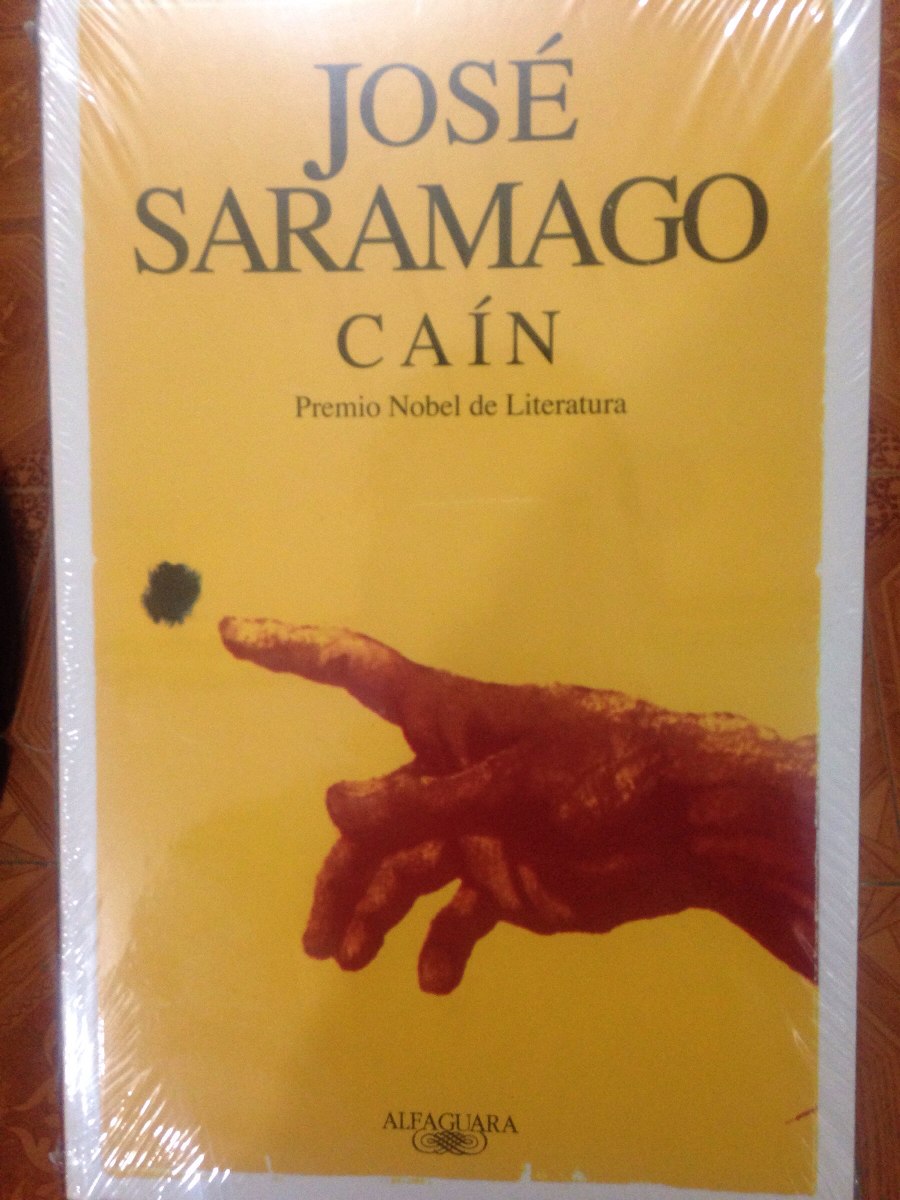
Some familiar post-modern tricks are going on. It is this last narrative device which seems both necessary for Saramago’s purposes and which leaves at least this reader with the opinion that Saramago has left behind story telling for a flat polemic. with stops in there to the story of job, the destruction of sodom and gomorrah. sinai to abraham just about to sacrifice his son, to noah. cain is unstuck from linear time and jumps from key incidences in ahistorical order, from mt.


Saramago taps into the archetype of the man cursed to not die but wander eternally. Clearly Saramago has a concern for mythos and storytelling he invokes lilith, by legend adam’s first wife who didn’t work out so well, the breeder of demons. Saramago’s last novel, published here in the English speaking world after his death, raises this fundamental question, “why does he tell this story?”Ĭain is a Saramago novel that takes his oft-used “what if” set-up-what if people stopped dying within a geographic region ( Death with Interruptions), or what if everyone in a town became blind ( Blindness)-and asks, what if cain (Saramago doesn’t capitalize names in this book) were able to tell his story? This is cain of cain and abel, the first two children of adam and eve, the first murderer and victim. In creating such an incomplete taxonomy I know I run the risk of reducing real literature to caricature sustaining, elegant, yearning works do more than one thing well. Some novels can be polemical: Upton Sinclair, Dalton Trumbo others tell stories to subvert the very nature of what it means to tell stories. I keep coming back to that basic question, “Why do people tell stories, and others pay attention?” Answers range from creating entertainment (Patterson or Siddons), to engaging in reflections of human nature by a writer such as Conrad or Greene, to intellectual play in novels by Barbary or Murdoch. (That and the fact that Grant is a very good reader.) That last biographical fact is one of the reasons his review of Cain is so interesting. Grant Barber is a regular reviewer for Three Percent, a keen bibliophile, and an Episcopal priest living on the south shore of Boston.


Grant Barber on Cain, the latest Jose Saramago novel, available from Houghton Mifflin Harcourt in Margaret Jull Costa’s translation. The latest addition to our Reviews Section is a piece by Fr.


 0 kommentar(er)
0 kommentar(er)
